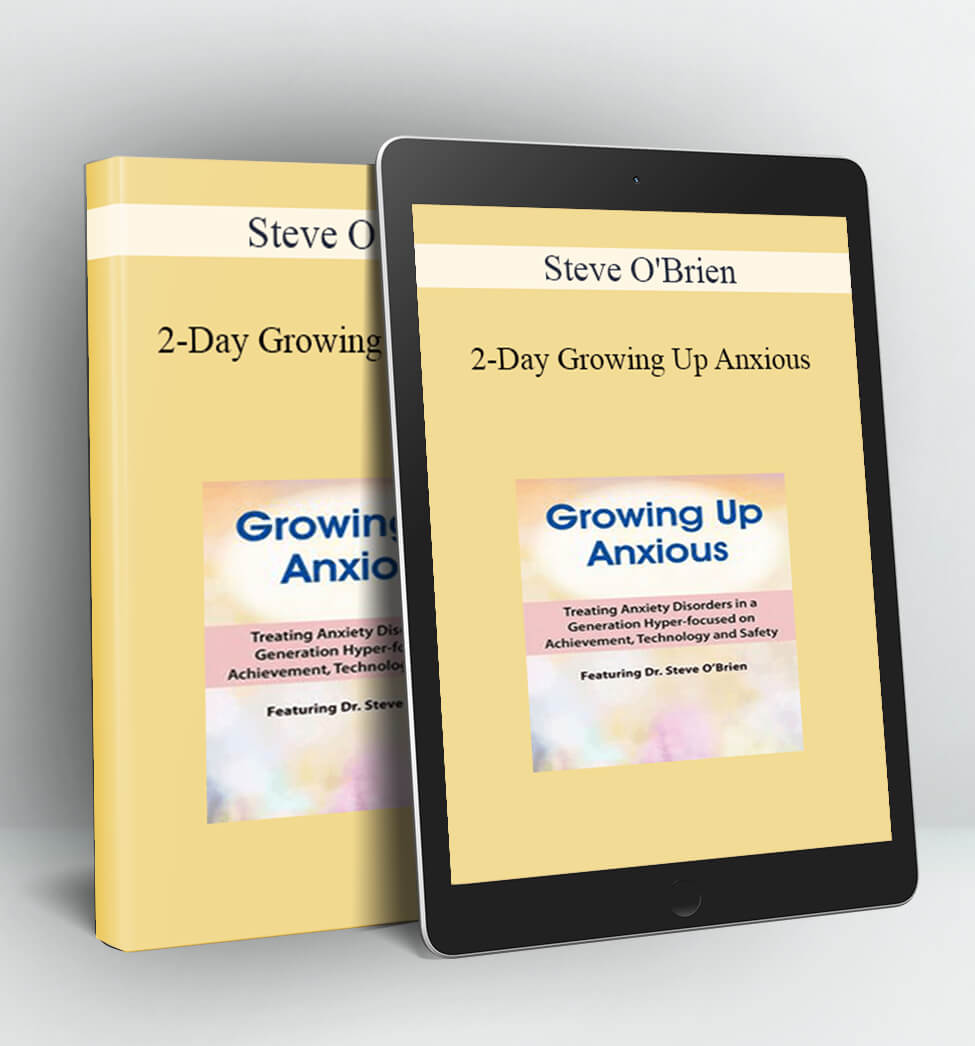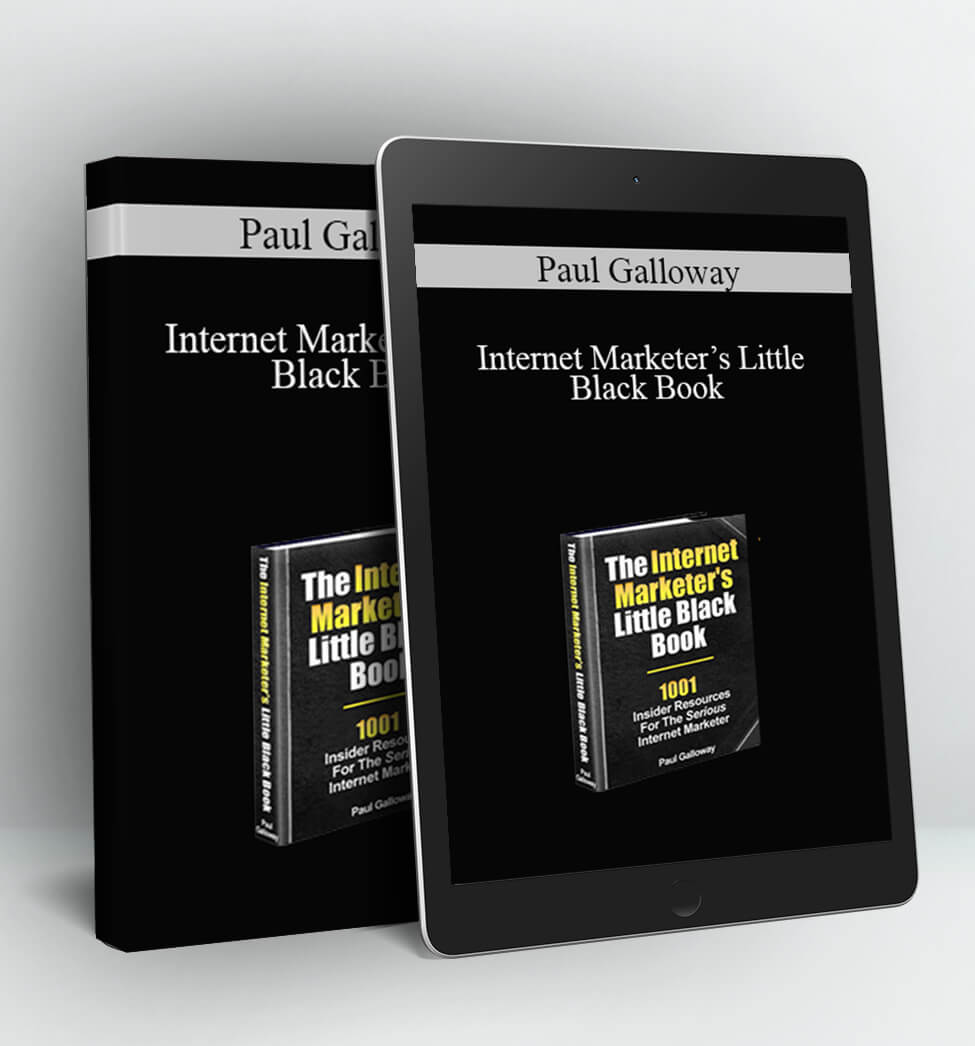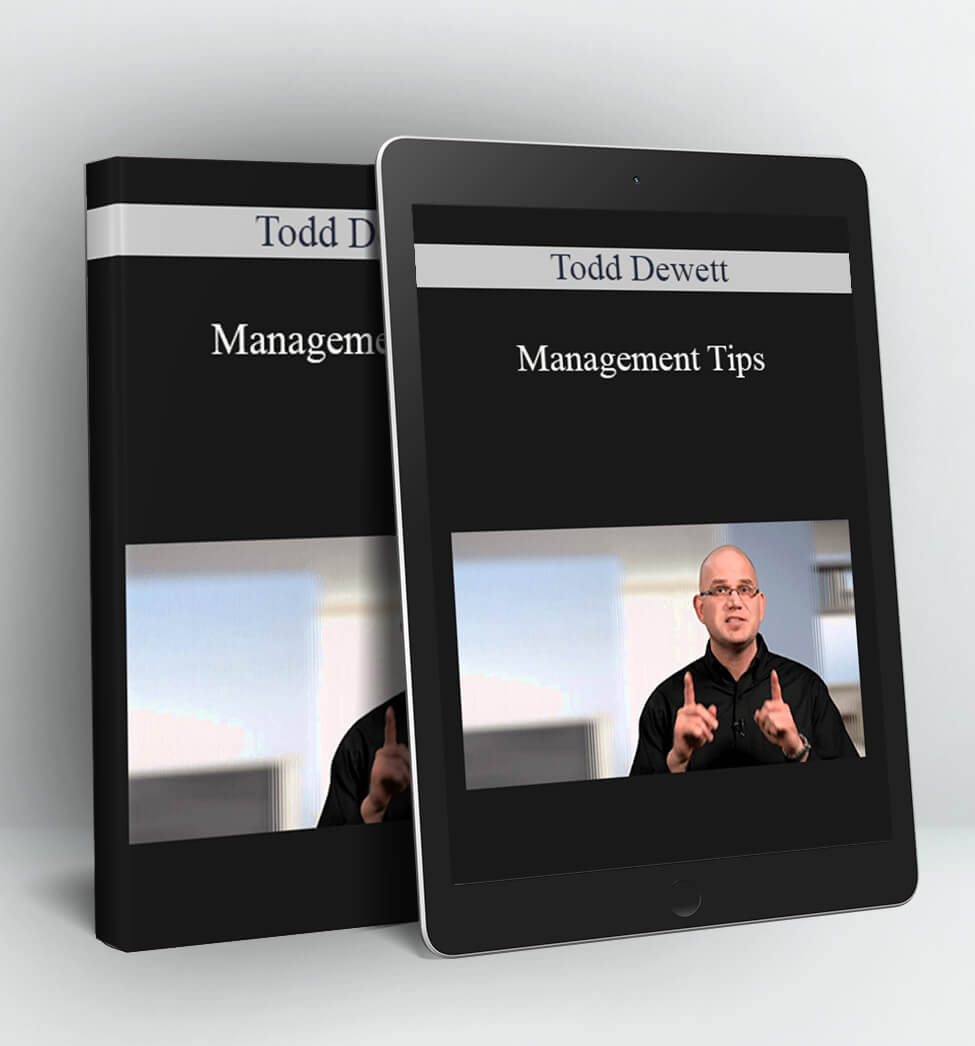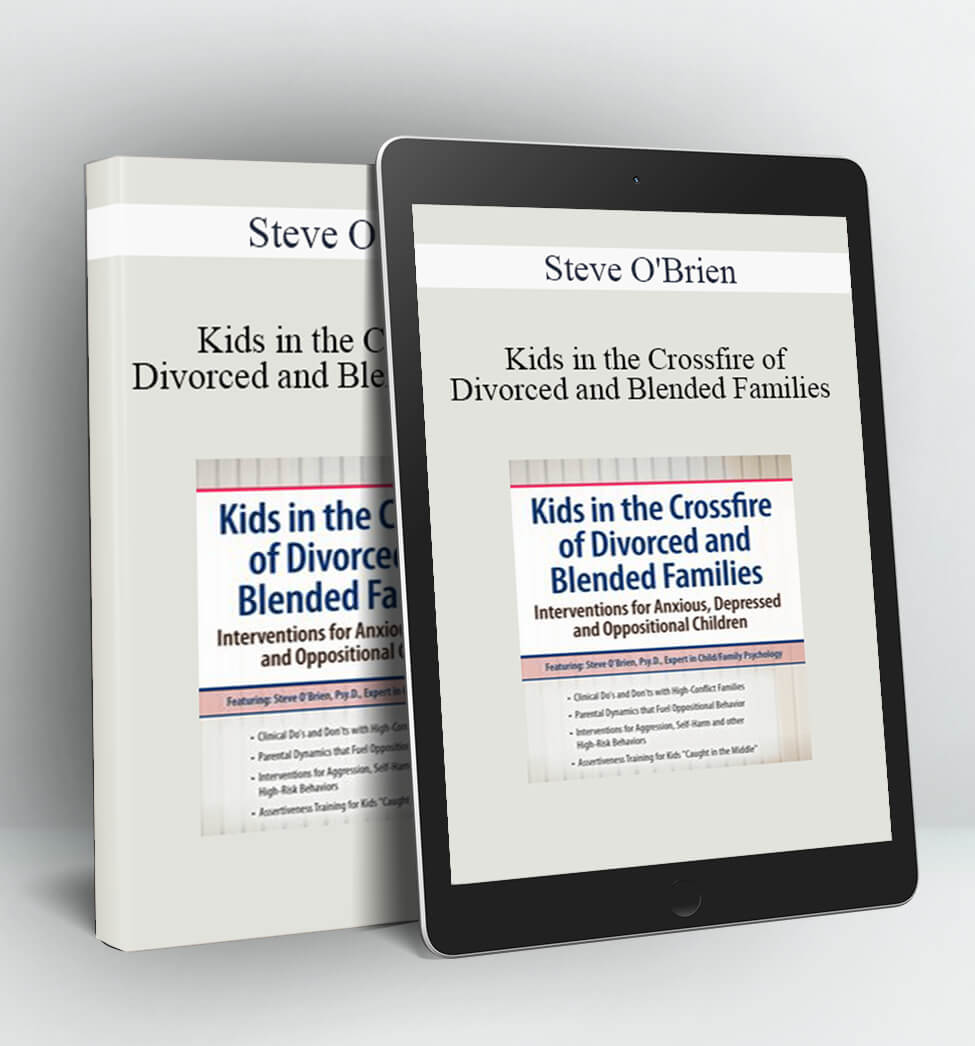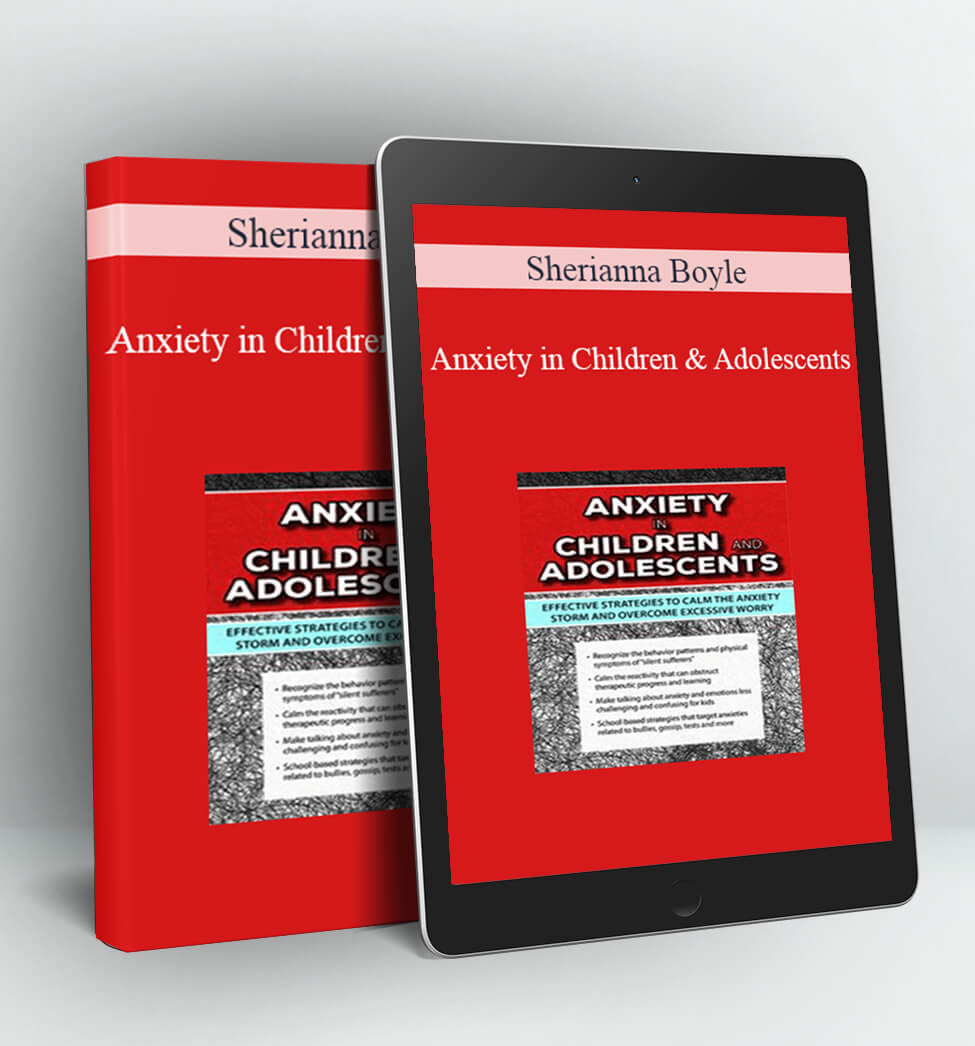2-Day Growing Up Anxious – Steve O’Brien
- Faculty:
- Steve O’Brien
- Duration:
- 12 Hours 12 Minutes
- Format:
- Audio and Video
- Copyright:
- Sep 22, 2020
Description
We all want kids to be successful, safe, and secure, but such good intentions are having unintended consequences.
Three societal ingredients…. a hyper-academic mindset, preoccupation with safety, and a tech-obsessed society… are fueling childhood anxiety, leaving kids fearful, avoidant, and ill-equipped for adulthood.
Watch child psychologist Steve O’Brien, Psy.D., for 2 days filled with practical strategies as he presents a three-level treatment model for childhood anxiety using targeted, evidenced-based therapies to:
- Connect with and “rewire” anxious children and families
- Provide child-friendly instruction about anxiety and the brain
- Promote self-expression and healthy coping in shut-down kids
- Reduce debilitating social anxiety in adolescents
- Treat technology-related worries, obsessions, and compulsions
- Develop anxiety-free safety plans for distressed kids and parents
Don’t miss out on this cutting-edge program for equipping and empowering kids to not only cope with anxiety, but to thrive as they develop a growing sense of both competence and confidence!
Handouts
| Manual – Growing Up Anxious (1.1 MB) | 101 Pages | Available after Purchase |
Outline
GROWING UP ANXIOUS – 3 KEY INGREDIENTS
EARLY EMPHASIS ON HIGH ACHIEVEMENT AND PERFORMANCE
- Emotional costs of a hyper-academic mindset and over-evaluation
- Performance philosophy pitfalls: perfectionism and procrastination
- Consequences of strong individualism: anti-collaborative attitudes
TECHNOLOGY IMMERSION: PLUGGED IN BUT TUNED OUT
- Tech-savvy, socially naive
- Fearless online, fearful offline
- Gratification-dependent, grit-deficient
PREOCCUPATION WITH SAFETY AND POTENTIAL THREAT
- Overprotected but underdeveloped….socially and emotionally
- How dysregulated adults promote anxiety-ridden kids
- Failure to launch: Why “adulting” is difficult and frightening
INTEGRATING EVIDENCED-BASED TREATMENT APPROACHES
- Behavior therapy/modification
- Cognitive-behavior therapy
- Family-focused/systemic therapy
- Interpersonal therapy
- Play/art/creative therapies
- Mindfulness-based therapies
GUIDELINES FOR RAPPORT-BUILDING AND CLINICAL INTERVIEWING
- Semi-structured parent interviews: Combining engagement with efficiency
- Developmentally-sensitive child interviews: Integrating observation, play and dialogue
- Parent consultation: Constructing a framework for parental involvement
PSYCHOEDUCATION FOR PARENTS AND KIDS: THE FIRST INTERVENTION
- Teaching parents about their child’s overactive brain
- Giving a child-friendly “tour of the brain”
- Highlighting the mind-body connection
- Social Anxiety Disorder
- Evaluating cognitive versus physiological features
- Cognitive-behavioral methods for getting teens out of their heads and into the world
- Role-playing and free association games for promoting real-time interaction
- Desensitization strategies for combating social avoidance
BIOPSYCHOSOCIAL TREATMENT: THE SECOND INTERVENTION
- “LOWERING THE TEMPERATURE, SLOWING THE PACE”
- Reducing Emotional Intensity and Conflict for a Calmer Environment
- Healthy habits and daily transition rituals
- Self-expression and support-seeking skills
- 3 R’s of anxiety management: Recognize, Relax, Redirect
TARGETED TREATMENT FOR MAJOR (DSM-5™) ANXIETY DISORDERS: THE THIRD INTERVENTION
- Generalized Anxiety Disorder
- Identifying manifestations of chronic worry
- Cognitive strategies for discrediting the “what-if? person”
- Self-talk for empowering the “helpful coach”
- Cognitive-behavioral redirection for worries
- Paradoxical relaxation for overachievers
- Separation Anxiety Disorder
- Assessing psychological and somatic components
- Pre-treatment preparation: It’s all about the plan
- Developing a treatment-support team
- Action plans for high-distress episodes
- Strategies for distressed/enmeshed parents
- Phobias and Panic Disorder
- Cognitive and physical/physiological symptoms
- Essential ingredients for desensitization
- “Challenge ladders” for gradual exposure
- Planning-for-panic strategies
- Obsessive-Compulsive Disorder
- Variations in obsessive-compulsive symptomatology
- “Brain challenges” for rigid perfectionists
- Mindfulness strategies: “Balloon breathing and wet noodles” for high-threat perceivers
- Controlled withdrawal and replacement for tech-addicts
CO-OCCURRING DISORDERS: TREATMENT IMPLICATIONS, RISKS, AND LIMITATIONS
- Depressive Disorders
- Attention-Deficit/Hyperactivity Disorder
- Autism Spectrum Disorders
ANXIETY-RIDDEN AT SCHOOL: CONSIDERATIONS AND CLASSROOM APPLICATIONS
- Relationship-building with distressed/disruptive kids
- Dealing with the (dreaded) 3 D’s:
- Defiance, Disrespect, Disruption
- Creating a calm, responsive classroom
- Reducing task avoidance and test anxiety
- Managing compulsive technology usage
- Identifying, intervening, and preventing bullying
- Tips for (post) pandemic adjustment
MEASURING TREATMENT PROGRESS
- Evaluating symptomatology and functional level
- School consultation and recommendations
- Medication: Guidelines for discussion and referral
Faculty
Steve O’Brien, Psy.D., PA Related seminars and products: 3
Dr.
Dr. Steve O’Brien is a clinical psychologist with close to 30 years of experience treating children, adolescents, and families in his Clearwater, Florida practice. His specialty areas include treatment for childhood anxiety and depression, ADHD, Autism Spectrum Disorders, and divorced/blended family adjustment. Dr. O’Brien utilizes an integrative model which tailors treatment to the developmental level of both children and parents. His approach integrates individual child therapy with intensive parental and familial interventions.
Dr. O’Brien has worked in a variety of clinical settings including community mental health centers, psychiatric hospitals, and medical clinics. He earned his PsyD at Nova Southeastern University and received specialized training in applied developmental psychology. Pediatric, child psychiatric, and school consultation is a significant part of his clinical work, and he is a frequent guest speaker in the Tampa Bay area. Dr. O’Brien previously worked as a continuing education provider for the Juvenile Welfare Board, and is currently a well-received speaker for PESI, training professionals primarily in the areas of child/adolescent mental health treatment and complex family issues. He served as associate professor at the Florida School of Professional Psychology from 2000 to 2016. While at the University, he developed a unique doctoral-level course, ‘Parent Consultation,’ designed for graduate students pursuing a concentration in child-family assessment and treatment. In 2015, Dr. O’Brien developed ‘Life@Home by Psychtouch.com,’ a first-of-its-kind clinical tool/app for obtaining a child’s perception of family life. He also serves as a media consultant for Spectrum Bay News 9, Tampa Bay’s 24-hour news source.
Speaker Disclosures:
Financial: Steve O’Brien is in private practice. He receives a speaking honorarium from PESI, Inc.
Non-financial: Steve O’Brien is a member of the American Psychological Association; and the Florida Psychological Association.
Access Download 2-Day Growing Up Anxious – Steve O’Brien right now!
Delivery Method:
After your purchase, you’ll get access to the downloads page. Here, you can download all the files associated with your order.
Downloads are available once your payment is confirmed, we’ll also send you a download notification email separate from any transaction notification emails you receive from Vinlearn.

